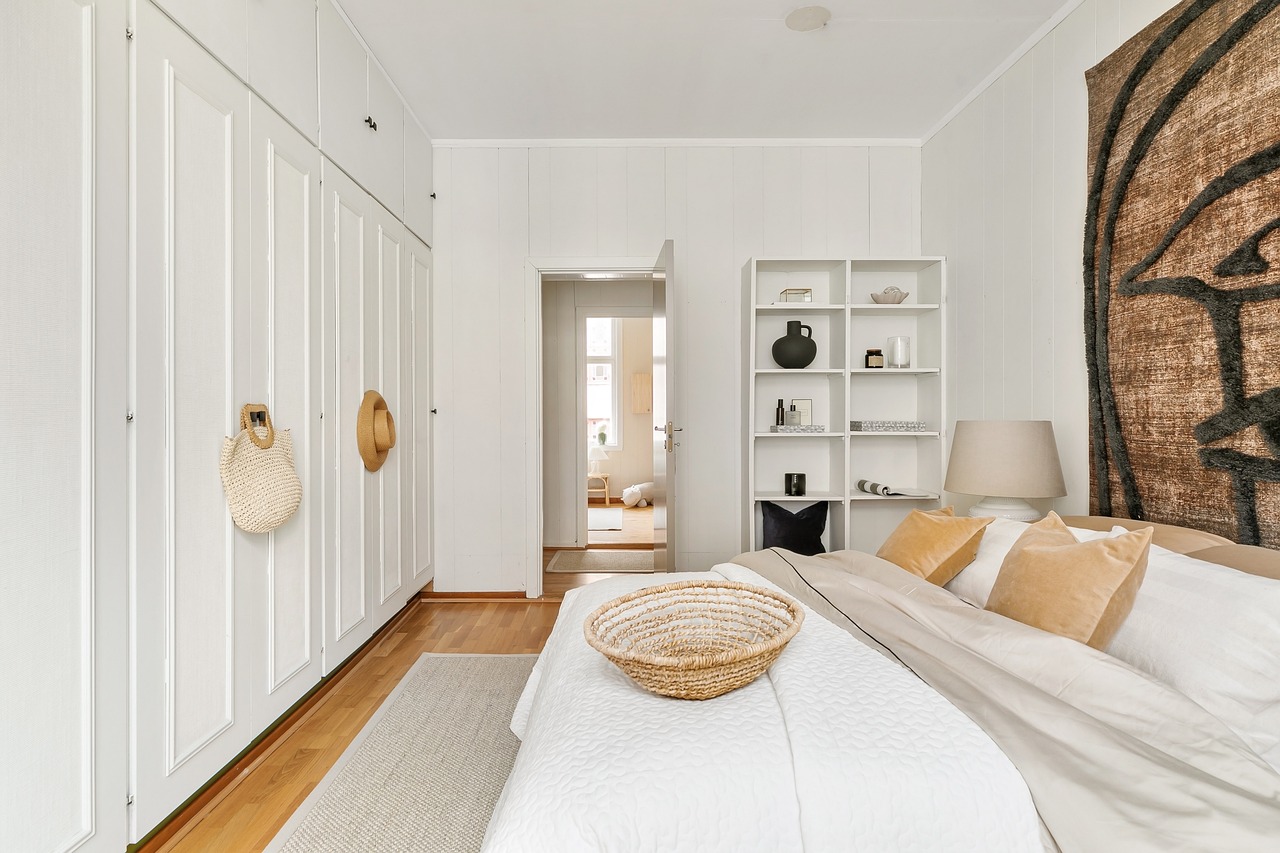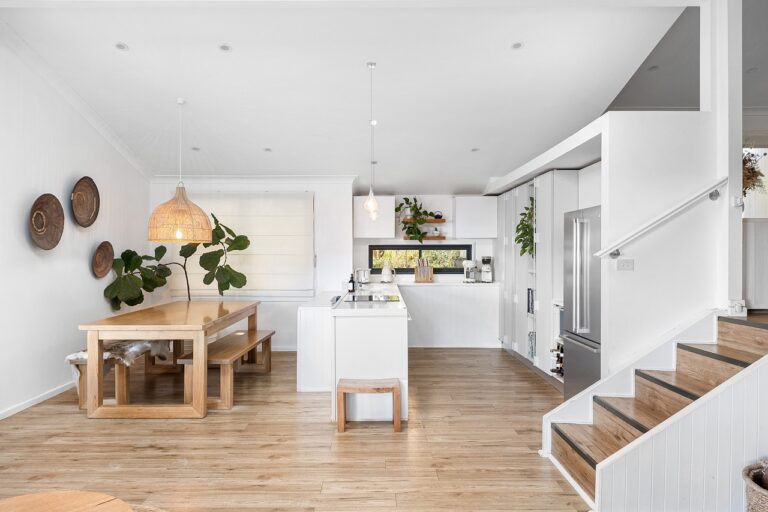How to Maintain Air Quality with Ventilation Systems: Betbook 247 com, Radhe exchange id, My laser 247 login
betbook 247 com, radhe exchange id, my laser 247 login: Maintaining Air Quality with Ventilation Systems
When it comes to the air quality in our homes or workplaces, proper ventilation plays a crucial role. A well-maintained ventilation system can help remove pollutants, allergens, and odors from the air, creating a healthier and more comfortable environment. In this blog post, we’ll discuss the importance of ventilation systems and provide some tips on how to maintain them effectively.
Why is ventilation important?
Ventilation is essential for maintaining good indoor air quality. Without proper ventilation, pollutants such as dust, mold, pet dander, and chemicals from cleaning products can accumulate in the air, leading to health problems such as allergies, asthma, and respiratory issues. Ventilation systems help to remove these pollutants and bring fresh air into the space, improving overall air quality.
Tips for maintaining ventilation systems:
1. Regular cleaning: One of the most important aspects of maintaining a ventilation system is regular cleaning. Dust and other particles can accumulate in the ducts and filters, reducing the system’s efficiency and potentially circulating harmful pollutants back into the air. Be sure to clean or replace filters as recommended by the manufacturer.
2. Inspect for leaks: Leaks in the ventilation system can lead to energy loss and decreased air quality. Inspect the ductwork for any signs of leaks or damage, and seal them promptly to ensure proper airflow.
3. Check for blockages: Blockages in the vents can restrict airflow and reduce the system’s efficiency. Make sure that vents are not blocked by furniture, curtains, or other objects, and remove any obstructions that may be hindering airflow.
4. Maintain humidity levels: Proper humidity levels are essential for indoor air quality. Excess moisture can lead to mold growth and poor air quality, while low humidity can cause discomfort and respiratory issues. Use a dehumidifier or humidifier as needed to maintain optimal humidity levels.
5. Schedule regular inspections: To ensure that your ventilation system is functioning properly, schedule regular inspections by a professional HVAC technician. They can identify any issues early on and perform any necessary maintenance or repairs.
6. Consider upgrading: If your ventilation system is old or outdated, consider upgrading to a more efficient model. Newer systems are designed to improve air quality and energy efficiency, providing a better overall indoor environment.
FAQs:
Q: How often should I clean my ventilation system?
A: It is recommended to clean or replace filters every 3-6 months, depending on usage.
Q: Can I improve air quality without a ventilation system?
A: While ventilation systems are the most effective way to improve air quality, you can also open windows regularly, use air purifiers, and maintain a clean living space to help reduce pollutants.
Q: What are the signs that my ventilation system needs maintenance?
A: Signs that your ventilation system may need maintenance include reduced airflow, strange odors, and increased dust or allergens in the air.
In conclusion, maintaining air quality with ventilation systems is vital for a healthy indoor environment. By following these tips and regularly maintaining your ventilation system, you can ensure that your home or workplace has clean and fresh air for everyone to enjoy.







